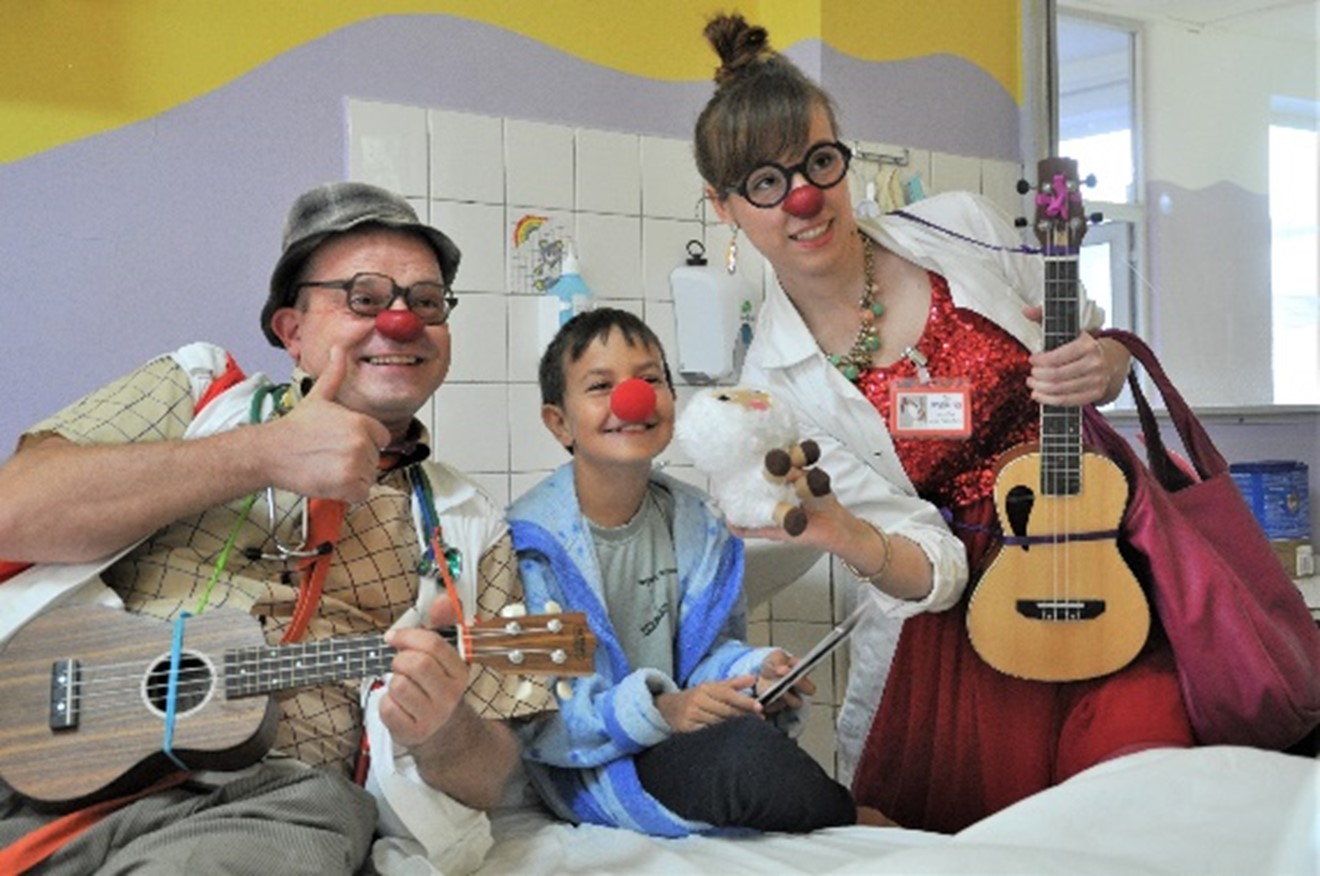Sylff News
May 20, 2025
Sylff@Tokyo: Comenius University Strengthening Global Ties through International Outreach
The Sylff Association secretariat was honored to welcome Jozef Tancer and Lucia Vilcekova of Comenius University in Bratislava on April 24. Their visit was part of a broader delegation of nearly 50 Slovak academics organized by the Slovak Ministry of Education, Research, Development, and Youth to deepen and forge new ties with Japanese institutions.
Tancer is the vice-rector for international relations at Comenius and chair of the university’s Sylff steering committee. A noted expert in German language and history, he also heads the Department of German, Dutch, and Scandinavian Studies in the Faculty of the Arts. Vilcekova is the vice-dean for international relations in the Faculty of Management.
In addition to visiting the Tokyo Foundation, they also met with various academic and institutional partners in Tokyo, Kyoto, and Hiroshima.

Comenius University Vice-Rector Jozef Tancer, seated right, and Lucia Vilcekova, along with members of the Sylff Association secretariat.
Comenius University is a new scheme Sylff institution, providing fellowships to full-time PhD students in the Faculty of Arts, Faculty of Law, Faculty of Education, Faculty of Management, and Faculty of Social and Economic Sciences. The fellowships are primarily used to support international research, conference attendance, and publication in peer-reviewed academic journals—all of which are critical for building academic credibility during doctoral training.
“Many of our Slovak students look for mobility opportunities abroad, even if just for one semester,” says Tancer. “One of the advantages of our faculty is that we offer around 60 courses each semester in English, including full degree program, which makes it easy for us to receive students from abroad.”
Vilčeková adds that Sylff helps students to showcase their research on international platforms: “Even when their research is focused on domestic issues, it would be a pity if their findings are known only in Slovakia.”
Comenius is also making efforts to attract more foreign students, which is particularly important given Slovakia’s relatively small size—its total population is roughly one-third that of Tokyo. Tancer believes that international exchange and multilingualism are essential to a well-rounded education.
“In the past, being able to read English, German, and French was part of what it meant to be an educated person.” He notes, however, that the COVID-19 pandemic had an alarming impact on students’ well-being. “Many PhD students became isolated, and around 30 to 40 percent reported mental health issues. Even after returning to campus, many struggled with in-person lectures, discussions, and workshops.”
This shift has also affected communication skills. “When we hire new staff in my department, we often ask candidates to make a short phone call. For many young people, that can be a real challenge—they’re used to writing emails or texting messages but not speaking directly.”
Despite these challenges, Comenius continues to cultivate globally minded scholars and professionals. Past Sylff fellows from the university have gone on to distinguished careers in politics, government, academia, the private sector, and civil society. One such fellow is Milan Šagát (2005), managing director of ČERVENÝ NOS Clowndoctors, an organization that uses the art of clowning to support the emotional well-being of hospitalized children and seniors.

The Sylff Association secretariat applauds Comenius University’s commitment to internationalization, multilingual education, and student well-being. These efforts reflect the core values of the Sylff Mission: to nurture leaders who transcend differences in language, nationality, and political systems to bring about positive social change in global society and the local community.